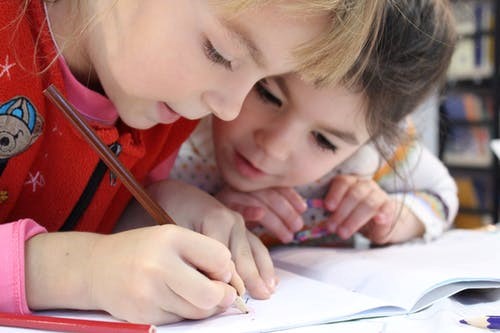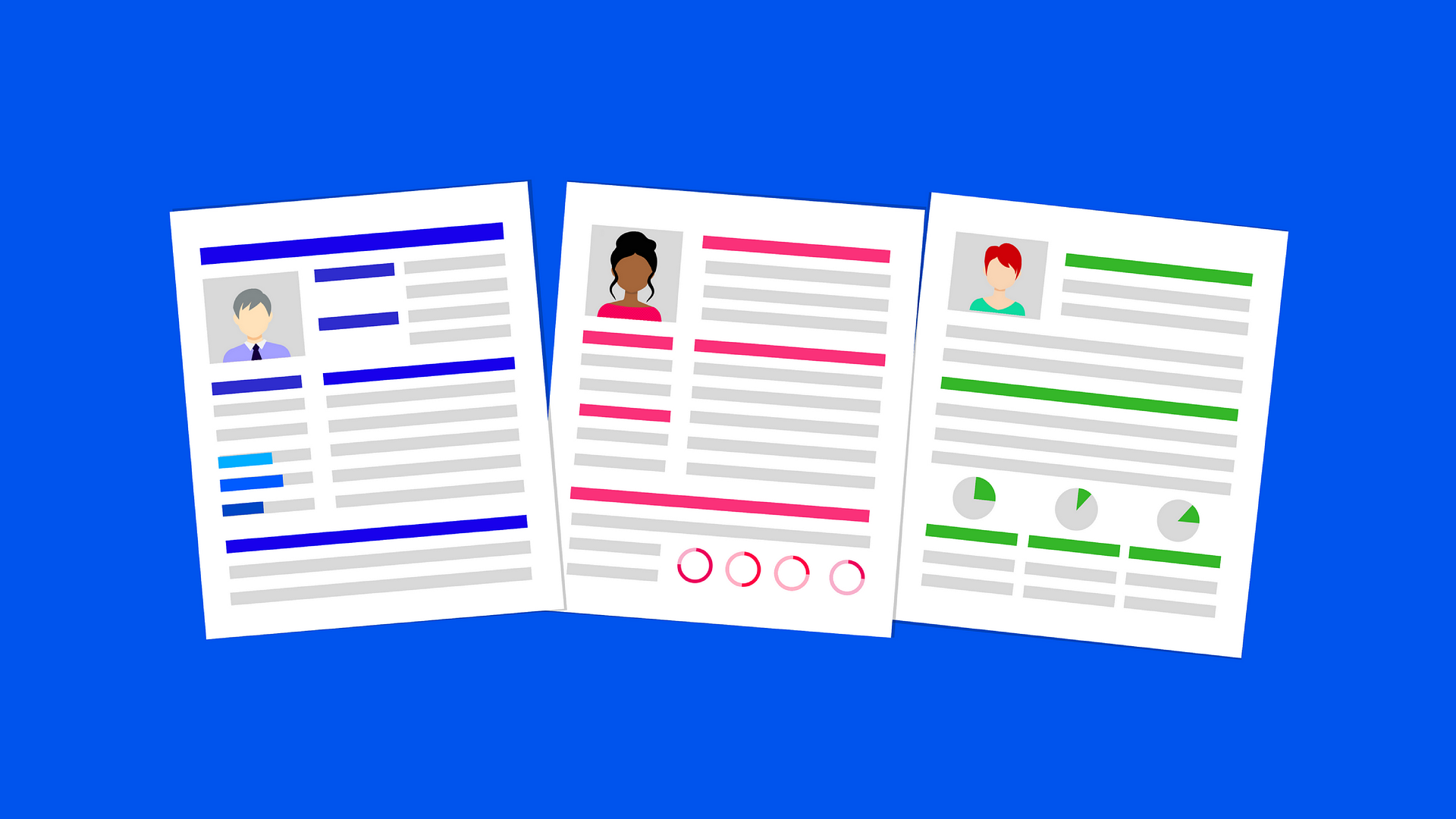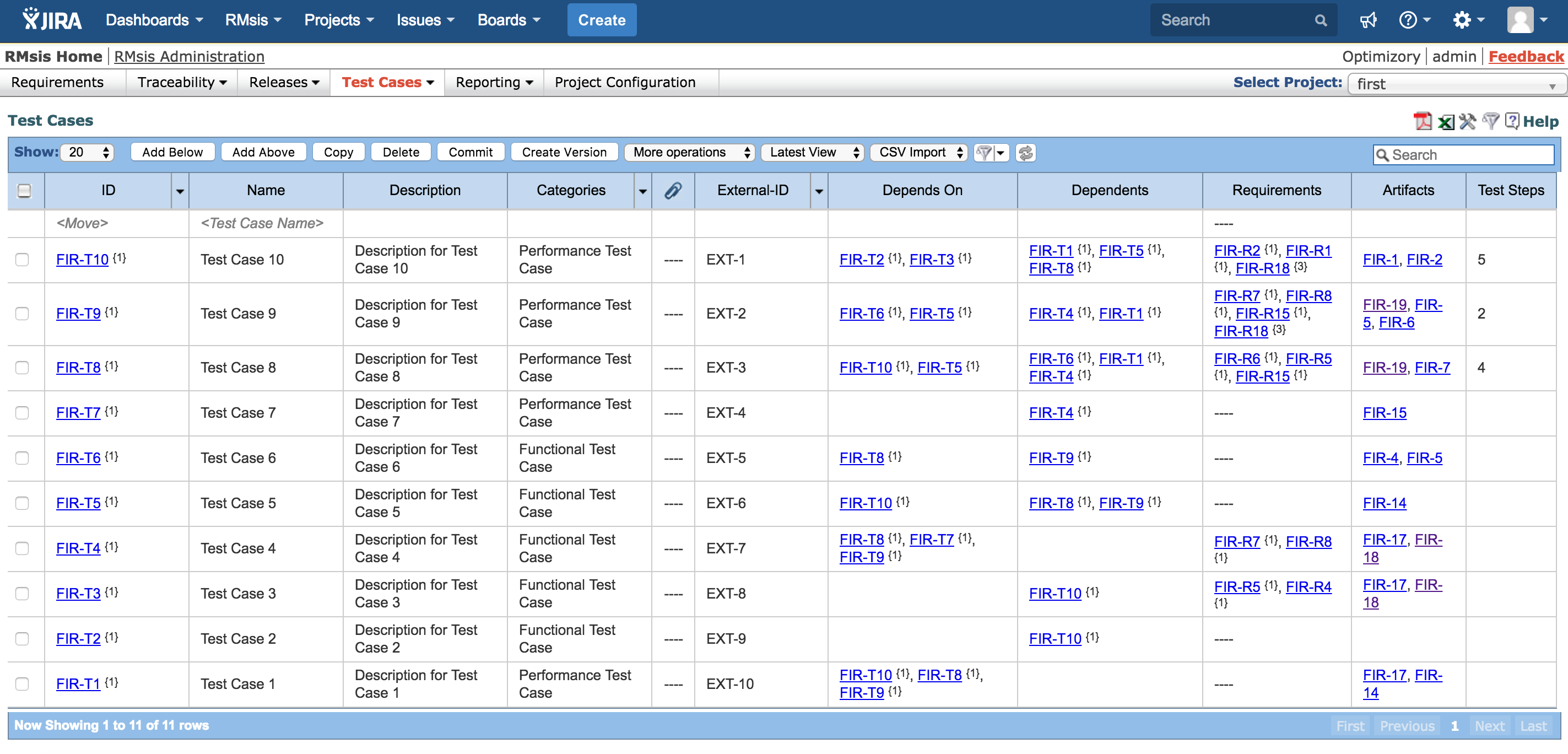Early Learning Programs for Children

It is a proven fact that children learn more when they are at a young age, and perceptible to everything around them. A child’s brain is always developing, which means that it is easier for them to learn and absorb things from even just a few months of age. Children who grow up in a bilingual home are more prone to learn multiple languages before the age of four with the right amount of exposure. Adults often underestimate how much a young child can absorb and understand the world around them and what they are exposed to.
Nowadays, people are becoming more and more aware of how children are aware of everything around them. This is leading to new parents exposing their children to early learning programs right at home. Early learning at home prepares children for when they start school, and therefore, helps them to excel in such. The idea of getting a good education is becoming increasingly valuable, and something more and more people are inclined towards.
Early learning programs include a number of activities that enhance a child’s social and cognitive functions and development. Up to the age of eight, your brain develops faster than it ever will in your whole life. This is why early learning programs are extremely beneficial. Early learning programs are more commonly practiced in nursery, daycares, and preschools, where parents drop off their children while they go to work.
Early learning from home
A child’s brain development has a lot to do with the way they are raised. Children absorb everything around them and try to make sense of it as much as they can. From the start of their lives, they revolve around their parents. You’ve probably heard the term, ‘Parents are a child’s first teacher.’ This could not be truer, as a child relies on their parent to teach them every aspect of life. A parent teaches a child how to walk, talk, eat, drink, sit, bathe and use the toilet. A parent provides nourishment and safety to a child before they can even understand receiving it.
In a child’s head, their parents are everything, because they are the people they see most every day. They are more inclined towards their parents as there is also an attachment and bond that comes with being a parent and child. When parents reprimand their child and give them positive or negative reinforcements, chances are their child will be more likely to get affected by them rather than anyone else giving the same reinforcements. In which case, if a parent were to be the one to begin early learning from home with their child, it is highly likely the child would learn more than they would with a teacher.
How can early learning be done?
Unfortunately, early learning programs come with a price – quite literally. Most preschools and daycares charge a lot of money for early learning programs, which not everyone has the luxury to afford. What is more, parents usually do not always have time with their own schedules to make sure their child is getting the exposure they need. Daycares and preschools come with the added risk of a child not being given personal attention, or not being given a good learning experience because of mediocre teachers.
Luckily, several companies recognize this and have found ways to make the lives of new parents easier in this regard. For example, Shichida At Home is one of the more popular companies that make early learning at home easy and fun at the same time. The basics are simple – all you have to do is watch a video with your child and then work on the activities they provide to you every month. They offer different packages that you can choose between, and after you pay, you’re all set up and ready to learn! This concept helps in a child’s motor and comprehensive skills, while also preparing them for the day they will eventually go to school.
Why chose early learning at home?
Early learning at home also provides children with a chance to bond with their parents. It leaves a lasting impression on them, and they will remember the time they spent with you as they learned more about the world they live in. When given the right kind of exposure and guidance, a child’s brain development can lead to them excelling in their careers, personal lives and education later on in life, too. Early learning opens up a child’s mind to wander and possibility and allows them to gain opportunities.
When learning at home, a child finds comfort in the place where they are being nurtured and cared for. This also stimulates the brain functions to relax and not go into any sort of panic at being placed in an area they are not completely at ease in.
Early learning at home also creates an essence of stability. There is no added pressure to perform in accordance with any other child or any sort of competitive. A child finds solace with their home, and with their parents. It is believed that in order for a child’s mind to become engaged, a child’s heart should be engaged, hence the reason why parental involvement is essential in an early learning environment.
Conclusion
At the end of the day, a parent must decide what is best for their child. However, it is important to recognize and understand that a child will grow only in the way that they understand is most natural. They will act the way they see the world around them. With the right guidance and teacher, a child can turn into a prosperous and healthy adult.





